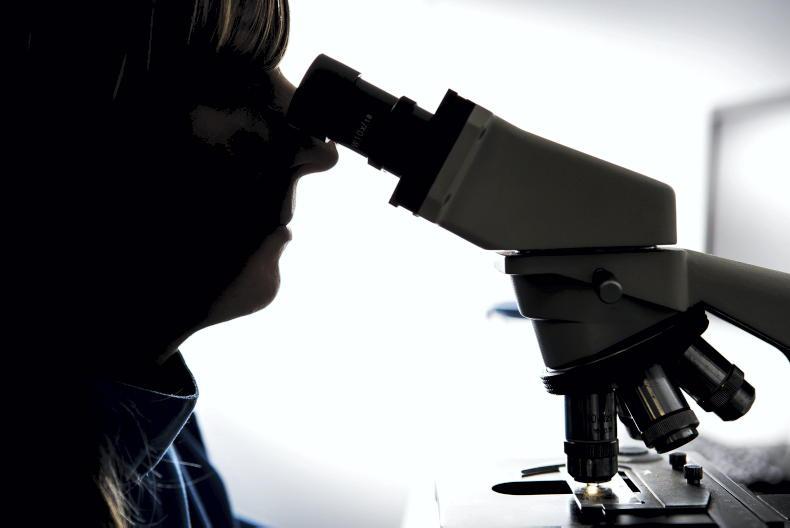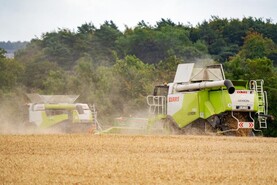Some 120,000 mink are to be culled in Ireland in a bid to prevent any potential spread of a mutated form of COVID-19.
The Department of Health has indicated that the continued farming of mink represents an ongoing risk of additional mink-adapted SARS-CoV-2 variants emerging and, therefore, it has recommended that farmed mink in Ireland should be culled to minimise or eliminate this risk, a Department of Agriculture spokesperson said on Thursday.
“Mink farmers continue to operate in full compliance with all legislative and animal welfare requirements and have co-operated fully with these efforts. Testing of the mink herd in Ireland detected no positive results to COVID-19 to date,” she said.
The Department of Agriculture continues to engage with the mink farmers to consider the next steps.
Mink farms
There are currently three mink fur farms operating. They are based in counties Donegal, Laois and Kerry. They are considered large farms, producing in the region of 120,000 mink per annum. The number of farms reduced from four to three in 2014.
In 2019, the Government approved the phasing out of fur farming in Ireland.
Denmark
A mutated version of COVID-19 was detected among farmed mink in Denmark and the Danish government last week ordered a cull of all mink on farms in the country.
The world’s biggest producer of mink fur, Denmark, has up to 17m minks spread over 1,080 farms.
The mass cull began on Monday but was halted soon after by a legal challenge from the country’s opposition parties.
Read more
Denmark orders mink cull over COVID-19 mutation
Fur farming to be banned
Some 120,000 mink are to be culled in Ireland in a bid to prevent any potential spread of a mutated form of COVID-19.
The Department of Health has indicated that the continued farming of mink represents an ongoing risk of additional mink-adapted SARS-CoV-2 variants emerging and, therefore, it has recommended that farmed mink in Ireland should be culled to minimise or eliminate this risk, a Department of Agriculture spokesperson said on Thursday.
“Mink farmers continue to operate in full compliance with all legislative and animal welfare requirements and have co-operated fully with these efforts. Testing of the mink herd in Ireland detected no positive results to COVID-19 to date,” she said.
The Department of Agriculture continues to engage with the mink farmers to consider the next steps.
Mink farms
There are currently three mink fur farms operating. They are based in counties Donegal, Laois and Kerry. They are considered large farms, producing in the region of 120,000 mink per annum. The number of farms reduced from four to three in 2014.
In 2019, the Government approved the phasing out of fur farming in Ireland.
Denmark
A mutated version of COVID-19 was detected among farmed mink in Denmark and the Danish government last week ordered a cull of all mink on farms in the country.
The world’s biggest producer of mink fur, Denmark, has up to 17m minks spread over 1,080 farms.
The mass cull began on Monday but was halted soon after by a legal challenge from the country’s opposition parties.
Read more
Denmark orders mink cull over COVID-19 mutation
Fur farming to be banned






 This is a subscriber-only article
This is a subscriber-only article











SHARING OPTIONS: